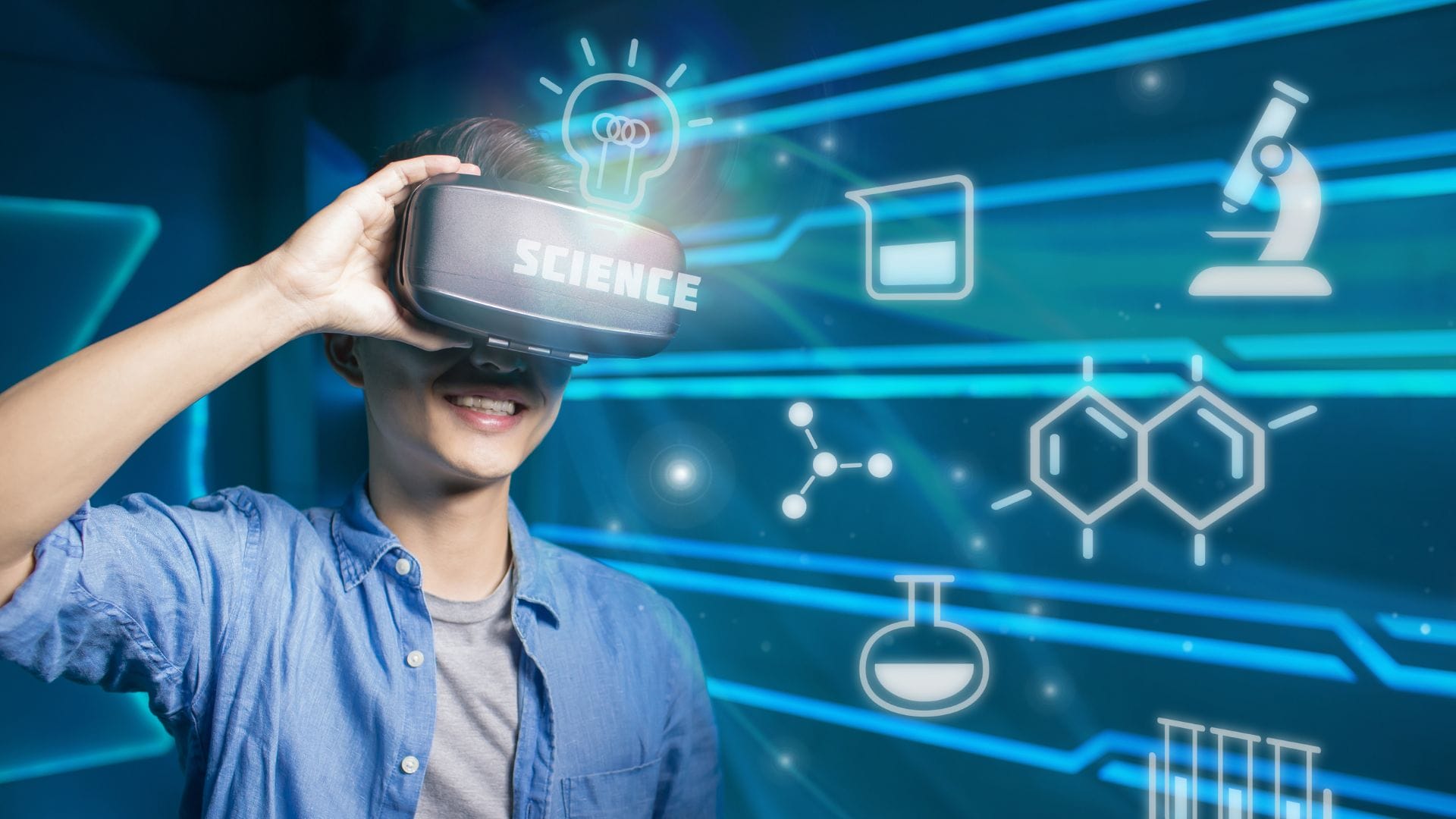OpenAI is developing advanced AI models for deep research and reasoning
OpenAI's Strawberry project aims to develop AI models with advanced reasoning and deep research capabilities, potentially transforming various industries.

According to a new report by Reuters, OpenAI is reportedly working on more advanced AI models that can reason and conduct deep research. The code-named “Strawberry” project aims to bring advanced reasoning capabilities to AI, enabling models to scour the internet to plan for more complex tasks autonomously. An internal document viewed by Reuters reveals these ambitious goals, highlighting the potential for a significant leap in AI capabilities.
Table Of Content
A secret project with significant goals
The Strawberry project was previously known as Q* (pronounced “Q star”) and has already demonstrated promising results. According to sources cited by Reuters earlier this year, demos of Q* showed it could answer challenging science and math questions. These demonstrations suggest that OpenAI is making substantial progress in developing AI models with enhanced problem-solving abilities.
The exact details of Strawberry’s development stage still need to be determined. However, its goal of enabling AI to perform “deep research” represents a significant advancement over current AI models. If successful, Strawberry could revolutionise how AI interacts with and interprets information from the internet, allowing for more autonomous and intelligent systems.
Uncertainty surrounds Strawberry’s capabilities
Despite the promising demonstrations, much about Strawberry remains shrouded in mystery. It is not yet known how far along the project is or whether it is the same system with “human-like reasoning” skills that OpenAI reportedly showcased at an all-hands meeting earlier this week. Bloomberg reported that this AI system exhibited reasoning abilities similar to humans, which would be a groundbreaking development in the field.
A significant step forward would be the ability of AI to conduct profound research autonomously. Current AI models, while powerful, still rely heavily on pre-programmed instructions and cannot independently plan and execute complex tasks. Strawberry aims to overcome these limitations, pushing the boundaries of what AI can achieve.
Potential implications for the future of AI
If OpenAI’s Strawberry project succeeds, it could have far-reaching implications for various industries. AI models with advanced reasoning and research capabilities could transform science, education, and technology. They could autonomously conduct research, synthesise information, and provide insights previously only possible through human effort.
Such advancements could also raise important ethical and practical questions. AI’s ability to plan and execute complex tasks autonomously might require new frameworks for oversight and regulation. Ensuring these powerful systems are used responsibly will be crucial as they become more integrated into society.
As OpenAI continues to develop Strawberry, the world will be watching closely. The project’s success could herald a new era of AI, where machines assist and actively contribute to solving some of humanity’s most complex challenges.















